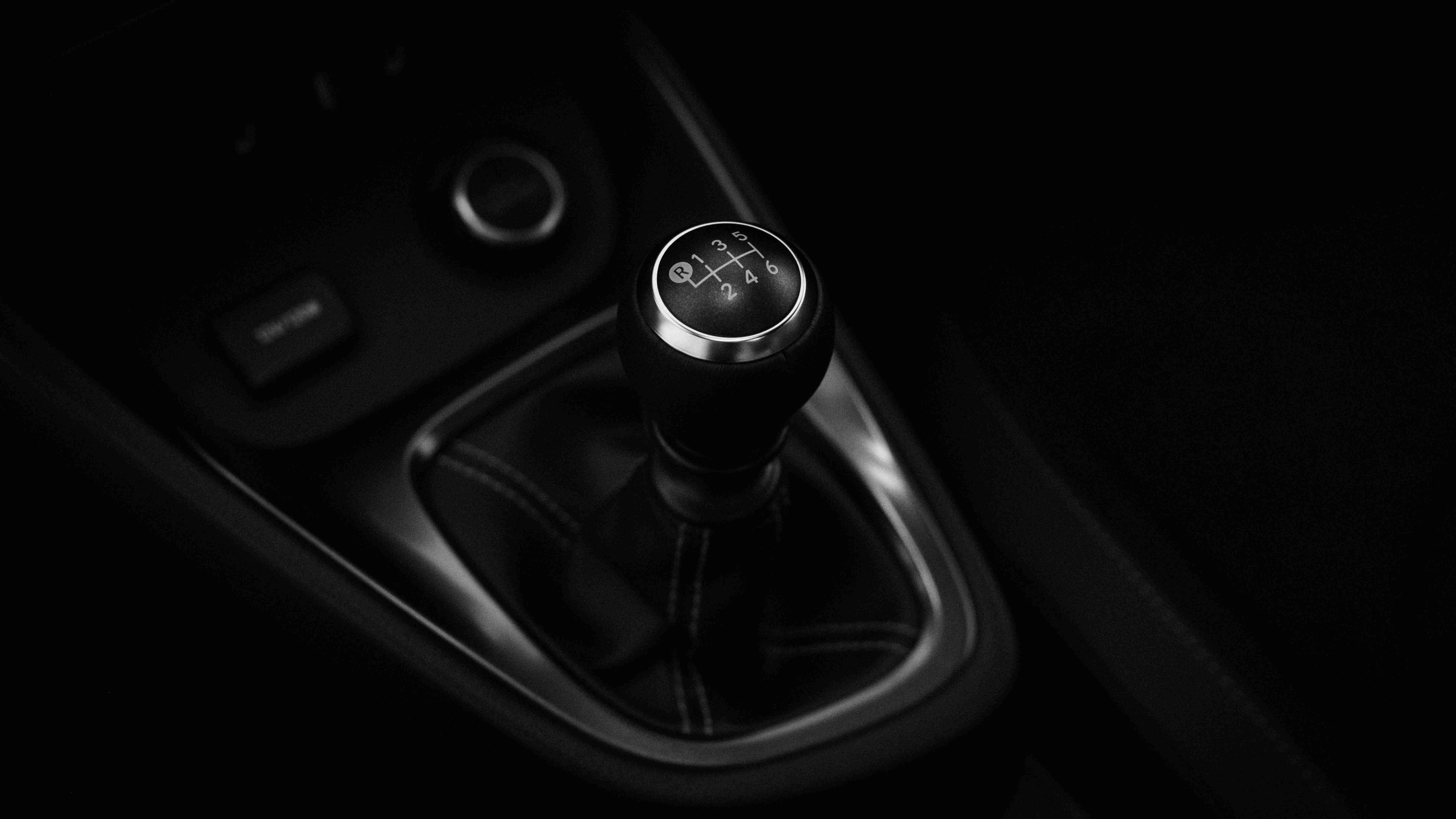
Buying a used car without knowing the transmission is like ordering a mystery burrito. For example, you might get something smooth. On the other hand, you might get a hard workout for your leg! Luckily, a VIN transmission lookup solves this puzzle fast. So, don’t get confused—check before you buy.
Now, if you’re shopping for a car or just checking your vehicle info, you need to know the transmission type. Specifically, is it manual, automatic, or CVT? After all, the transmission affects how the car drives, repair costs, and resale value. Fortunately, the VIN can give you all this information.
Avoid Costly Mistakes – Lookup Transmission by VIN Today!
How to Tell If a Car Has a Manual or Automatic Transmission by VIN
A Vehicle Identification Number (VIN) is a special 17-character code. Basically, it contains important details about a car. For instance, it shows the make, model, engine, and transmission type.
Step-by-Step Guide to Finding Transmission Type by VIN
Step 1: Locate Your VIN
- On the driver’s side dashboard (visible through the windshield).
- On the driver’s side door jamb.
- In the vehicle’s registration, insurance documents, or owner’s manual.
Step 2: Use a VIN Transmission Lookup
Enter VIN in a VIN transmission lookup tool such as VinCheck.info to retrieve vehicle data, including transmission type.
You can also lookup transmission by VIN number to confirm whether the vehicle has a manual, automatic, or CVT transmission.
Step 3: Decode the VIN Yourself
The 4th – 8th digit in the VIN typically indicates the engine and transmission type. You can use the manufacturer’s service manual or an online VIN decoder to interpret this digit.
Manual vs. Automatic vs. CVT: Key Differences
| Feature | Manual Transmission | Automatic Transmission | CVT (Continuously Variable Transmission) |
|---|---|---|---|
| Gear Shifting | Driver shifts gears manually. | Car shifts gears automatically. | No set gears; smooth shifting. |
| Fuel Efficiency | Usually saves more gas. | Can use more gas. | Designed for fuel savings. |
| Maintenance Costs | Cheaper repairs. | More expensive repairs. | Costs vary. |
| Driving Feel | More control over the car. | Easier to drive. | Smooth, steady acceleration. |
Why Transmission Type Matters
Performance & Driving Fun
Manuals give you more control, making them perfect for performance driving or off-roading. Meanwhile, automatics are great for easy daily commutes and city driving.
Driving Skill & Environmental Impact
Manuals demand more skill, especially in heavy traffic, while automatics typically offer smoother shifts, better fuel efficiency, and fewer emissions.
Fuel Efficiency
Modern automatics, especially CVTs, often beat manuals when it comes to fuel economy. This helps you save on gas in the long run.
Maintenance & Repair Costs
Transmissions can be pricey to fix. CVTs or other specialized types may need specific care, raising repair costs.
Longevity & Durability
On one hand, automatics and dual-clutch transmissions tend to last longer. On the other hand, manuals might need more frequent clutch replacements.
Resale Value
Automatic transmissions are more popular with buyers. This generally makes them easier to sell than manuals.
Towing Power
Manual and heavy-duty automatics give you better control when towing. This ensures your vehicle can handle the load.
Technology & Comfort
Automatics, especially those with features like shift paddles and adaptive shifting, offer a more modern, comfortable ride. Meanwhile, manuals require more focus and effort.
Hybrid & Electric Vehicles
Hybrid and electric vehicles use unique single-speed transmissions. They need different maintenance compared to traditional gas-powered ones.
Customization & Modifications
Car enthusiasts often prefer manuals for performance mods, though some sports car automatics can also be tuned for extra power.
Common Transmission Issues
When shopping for a used car, knowing common transmission problems can save you from costly repairs. Here’s what to watch for:
Manual Transmission Issues
- Worn Clutch: A must-replace part for high-mileage cars or those driven aggressively.
- Shifting Struggles: Hard shifting often means low fluid, worn synchros, or a failing clutch.
- Clutch Slipping: If the engine revs without speeding up, the clutch might not fully engage.
- Grinding Gears: This could be a sign of worn synchros, misaligned gears, or bad shifting habits.
- Pedal Feel: A soft or stiff clutch pedal might point to hydraulic or clutch system problems.
Automatic Transmission Issues
- Slipping Gears: This can signal low fluid, worn plates, or internal damage.
- Delayed or Rough Shifting: Often caused by degraded fluid, valve issues, or a failing solenoid.
- Warning Lights: If you see a “Check Engine” or “Transmission” light, something’s wrong.
- Shuddering or Hesitation: Likely due to torque converter problems or low fluid pressure.
- Erratic Shifting: Could mean a faulty transmission control module (TCM) or electrical issues.
CVT Transmission Issues
- Jerking or Hesitation: Usually caused by belt wear or low fluid levels.
- Overheating: CVTs are heat-sensitive, and poor cooling can lead to early failure.
- Slipping or Poor Acceleration: Often linked to damaged belts, causing hesitation or sluggish performance.
- Unusual Noises: Grinding or whining noises can indicate issues with the belt or internal parts.
- Loss of Power: Worn components or low fluid levels can reduce power or efficiency.
If you want more details about the transmission history, lookup transmission by VIN number. See if there are any reported issues with the specific vehicle you’re interested in.
Where to Find Transmission Details Using a VIN Lookup
Before buying a used car, always check its transmission details with a VIN transmission lookup. This helps you understand the type, history, and any potential problems.
Key Takeaway
Knowing your car’s transmission is essential for making smart choices. A simple VIN lookup gives you the clarity needed to pick the right car and keep it running smoothly. Use trusted tools like VinCheck.info to stay informed and confident in your decisions.
Get the full VIN history and transmission details at VinCheck.info before you buy!